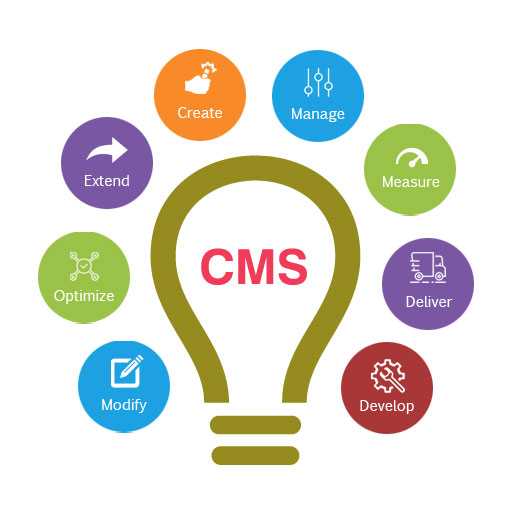1. WordPress:
-
Ease of Use: WordPress is known for its user-friendly interface, making it accessible for beginners. It offers a vast library of plugins and themes for customization.
-
Scalability: WordPress is suitable for small blogs, large websites, and even e-commerce sites. Its plugin system allows for easy scalability.
-
Community and Support: It boasts a large user community, providing ample online support, tutorials, and a wealth of third-party plugins and themes.
-
SEO Friendliness: WordPress is SEO-friendly, with numerous plugins like Yoast SEO available to enhance on-page SEO.
-
E-commerce: While not its primary focus, WordPress supports e-commerce through plugins like WooCommerce.
-
Cost: WordPress itself is free, but you may incur costs for premium themes, plugins, and hosting.
2. Joomla:
-
Flexibility: Joomla offers more flexibility and robust content management than WordPress. It's suitable for a wide range of website types, from small business sites to complex e-commerce platforms.
-
Content Management: Joomla excels in managing large amounts of content, making it ideal for news websites, online magazines, and social networks.
-
Multilingual Support: It has built-in multilingual support, making it a preferred choice for international websites.
-
Community and Support: Joomla has an active community and extensive documentation to help users.
-
Learning Curve: Joomla is more complex than WordPress and may have a steeper learning curve.
-
Extensions: While Joomla has a variety of extensions, it may have fewer options compared to WordPress.
-
Cost: Joomla itself is free, but costs may be incurred for premium templates and extensions.
3. Drupal:
-
Customization and Security: Drupal excels in customization and is highly secure, making it a choice for complex websites, including government sites and large enterprises.
-
Scalability: It's well-suited for high-traffic websites and complex web applications.
-
SEO Capabilities: Drupal offers strong SEO capabilities but may require more technical knowledge for optimization.
-
Community and Support: While it has an active community, support and maintenance can be more complex and costly compared to WordPress and Joomla.
-
Learning Curve: Drupal is known for having a steeper learning curve, and it's generally more developer-centric.
-
Cost: Drupal is free to use, but costs may arise from development, hosting, and maintenance.
How to Choose the Right CMS:
-
Define Your Needs: Consider your website's purpose, content volume, and complexity. Determine if you need e-commerce, multilingual support, or specific features.
-
Ease of Use: Evaluate your familiarity with website management. If you're a beginner, WordPress or Joomla may be more user-friendly.
-
Scalability: Think about your long-term goals. If you anticipate significant growth, consider a more flexible platform like WordPress or Joomla.
-
Budget: Assess your budget for hosting, themes, plugins, and ongoing maintenance. WordPress often offers more budget-friendly options.
-
Technical Expertise: Consider your technical skills. If you have coding experience, Drupal's customization and security might be appealing.
-
Community and Support: Examine the available resources, community support, and third-party extensions or themes.
-
Testing: Consider setting up test sites to experiment with each CMS and assess which one aligns best with your needs and preferences.
Remember that the best CMS for your website depends on your unique requirements. Each of these platforms offers distinct advantages, so your decision should be based on your specific goals, skills, and the nature of your website project.




Comments (0)